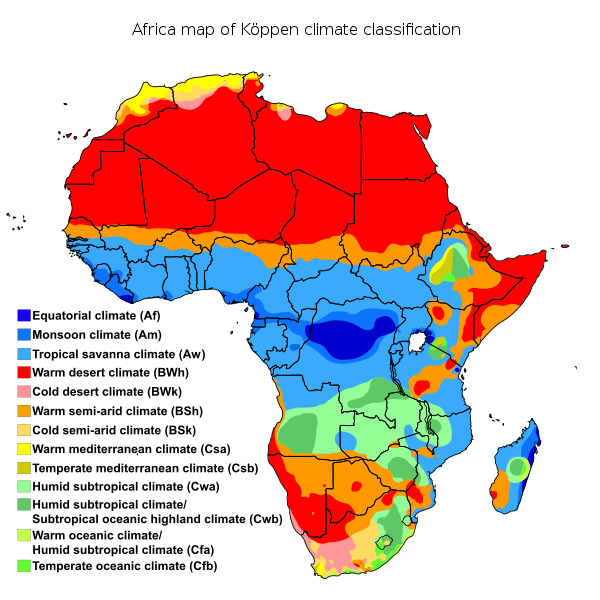Mark of Kri
Registered Member
Definition of Ecotype:
https://en.wikipedia.org/wiki/Ecotype
There was also a paper put together in 2003, discussing human ecotypes:
"The concept of ecotype was introduced by Turesson (1922) to describe genetically based
specific responses of plants to certain environmental conditions, although
the idea has been applied to the animal literature as well. The King and
Stansfield’s dictionary defines an ecotype as a ‘‘Race (within a species)
genetically adapted to a certain environment.’’ It is important to understand
three things about ecotypes: (1) there must be a connection between
genetic differentiation and ecological adaptation, (2) ecotypes are not
(necessarily) phylogenetic units; rather, they are functional-ecological
entities, and (3) ecotypes can be differentiated on the basis of many or a
very few genetic differences." (Pigliucci & Kaplan, 2003)
"We argue that human races, in the biological sense of local populations adapted to particular environments, do in fact exist; such races are best understood through the common ecological concept of ecotypes. However, human ecotypic races do not in general correspond with ‘folk’ racial categories, largely because many similar ecotypes have multiple independent origins. Consequently, while human natural races exist, they have little or nothing in common with ‘folk’ races." (Pigliucci & Kaplan, 2003)
The authors later retracted their view ecotypes should be called races. Nonetheless they agree there are human ecotypes defined as functional-ecological entities, i.e. populations adapted to specific environments.
https://en.wikipedia.org/wiki/Ecotype
There was also a paper put together in 2003, discussing human ecotypes:
"The concept of ecotype was introduced by Turesson (1922) to describe genetically based
specific responses of plants to certain environmental conditions, although
the idea has been applied to the animal literature as well. The King and
Stansfield’s dictionary defines an ecotype as a ‘‘Race (within a species)
genetically adapted to a certain environment.’’ It is important to understand
three things about ecotypes: (1) there must be a connection between
genetic differentiation and ecological adaptation, (2) ecotypes are not
(necessarily) phylogenetic units; rather, they are functional-ecological
entities, and (3) ecotypes can be differentiated on the basis of many or a
very few genetic differences." (Pigliucci & Kaplan, 2003)
"We argue that human races, in the biological sense of local populations adapted to particular environments, do in fact exist; such races are best understood through the common ecological concept of ecotypes. However, human ecotypic races do not in general correspond with ‘folk’ racial categories, largely because many similar ecotypes have multiple independent origins. Consequently, while human natural races exist, they have little or nothing in common with ‘folk’ races." (Pigliucci & Kaplan, 2003)
The authors later retracted their view ecotypes should be called races. Nonetheless they agree there are human ecotypes defined as functional-ecological entities, i.e. populations adapted to specific environments.

